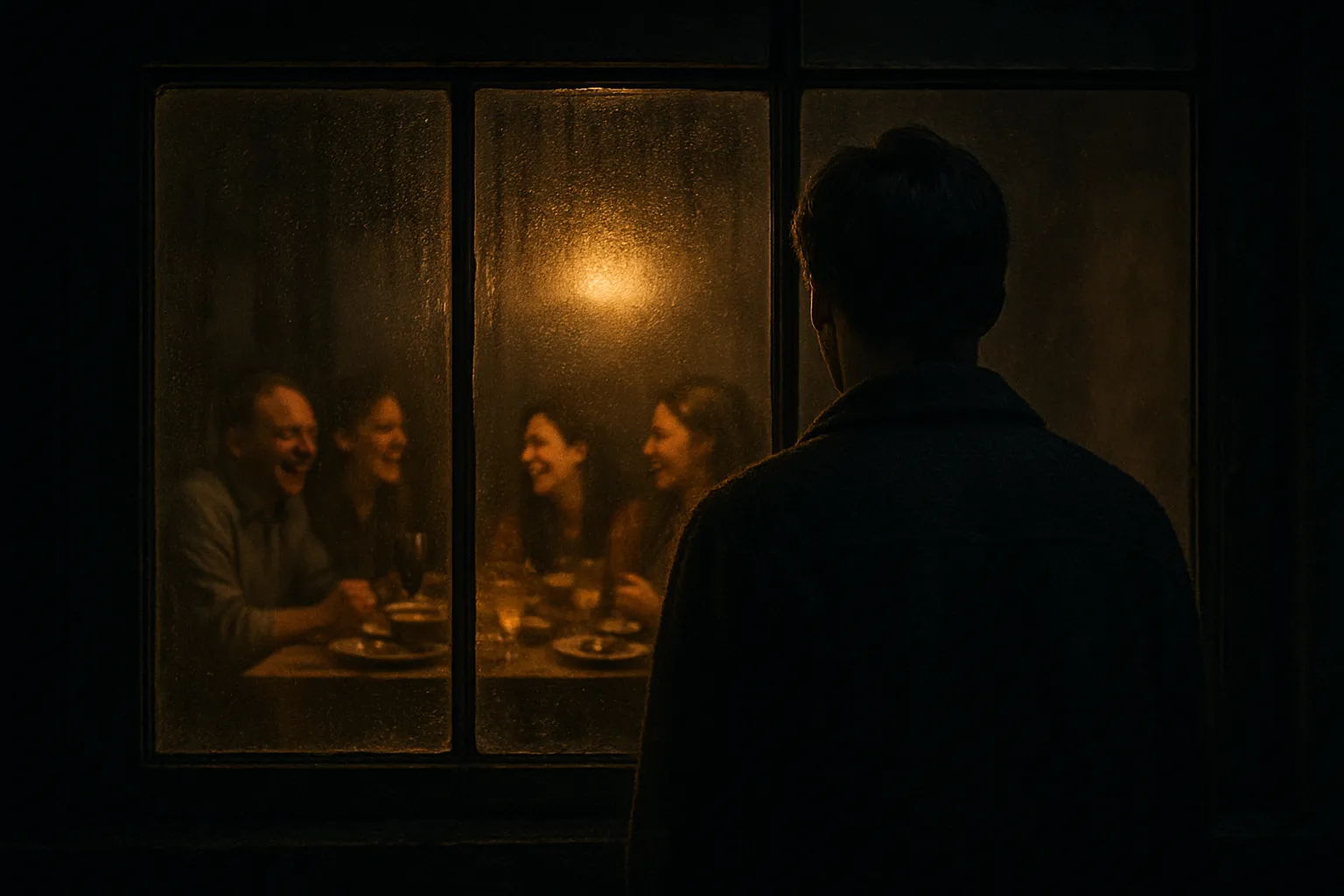Dealing with the "What Ifs" and Regrets

The Mental Torture Chamber
After a breakup, your mind can become a torture chamber, replaying an endless loop of "what ifs" and "if onlys." What if I had been more patient? If only I hadn't started that argument. What if we had gone on that trip? This painful rumination is a natural part of the grieving process. It's our brain's desperate attempt to find a sense of control over a past we cannot change, to pinpoint a single moment where we could have altered the outcome. But while it's normal, getting stuck in this mental hamster wheel can keep you chained to the past and prevent you from truly healing. This is your guide to gently stepping off the wheel.
The Mental Hamster Wheel: Why We Get Stuck in "What If"
Understanding why we obsess over the past is the first step to breaking free. This isn't a character flaw; it's a quirk of human psychology.
- The Illusion of Control: Ruminating gives us a false sense of agency. If we can identify one specific mistake, it creates the illusion that we could have controlled the outcome. This can feel less terrifying than accepting the reality that some things are simply out of our hands.
- The Fantasy of the Past: Our grieving minds are expert editors. We tend to create a highlight reel of the relationship, conveniently forgetting the arguments, the incompatibilities, and the moments of unhappiness. The "what if" scenarios are often based on a fantasy version of the relationship, not the reality.
- Fear of the Future: Often, obsessing over the past is a way to avoid the anxiety of an uncertain future. The past, even a painful version of it, is known and familiar. The future without your ex is unknown, which can feel much scarier.
Getting Off the Wheel: Practical Tools to Stop Ruminating
You cannot simply will your brain to stop thinking these thoughts. You must actively and repeatedly interrupt the pattern and redirect your focus. Here are some practical tools:
- Challenge the Fantasy with Facts: Your "what ifs" are based on an idealized past. To counteract this, keep a "Reality Check" list on your phone. Write down the real, valid reasons the relationship ended. List the incompatibilities, the recurring arguments, the ways you felt unseen. When your mind starts to fantasize, read this list. It is a powerful antidote.
- Practice Thought-Stopping and Redirection: The moment you catch yourself spiraling into a "what if" loop, mentally (or even aloud) say, "STOP." Then, immediately redirect your attention to something that requires your focus for just a few minutes. This could be a simple puzzle on your phone, reading a paragraph from a book, or narrating what you see outside your window.
- Schedule Your Rumination: It sounds strange, but containing the thoughts can be more effective than fighting them all day. Set a timer for 15 minutes. During that time, allow yourself to think, write, and feel all the regrets and what-ifs. When the timer goes off, you must move on to a pre-planned, engaging activity. This teaches your brain that there is a time and place for these thoughts, but it is not all the time.
- Anchor Yourself in the Present: The "what ifs" live in the past. To escape them, you must anchor yourself in the present moment. Use a mindfulness technique like the 5-4-3-2-1 method: name 5 things you can see, 4 things you can physically feel, 3 things you can hear, 2 things you can smell, and 1 thing you can taste. This pulls your brain out of its mental time travel and back into your body.
The Path to Peace: Radical Acceptance and Self-Forgiveness
Ultimately, the antidote to regret is a combination of acceptance and self-forgiveness.
- Radical Acceptance is the practice of accepting reality exactly as it is, without fighting it. It's not about liking what happened, but about ceasing the futile war with a past you cannot change. The phrase "It is what it is" can be a powerful mantra of release.
- Self-Forgiveness is crucial. You must forgive the person you were who made those perceived mistakes. That person did the absolute best they could with the knowledge, maturity, and emotional tools they had *at that time*. You know more now because of that experience. That is not failure; that is growth.
From Regret to Wisdom: Your New Story
The loop of "what ifs" and regrets is a painful story that keeps you stuck. But every regret holds a lesson in disguise. Every "if only I had..." is a powerful insight into what you will do differently next time. By gently interrupting the old, painful story and choosing to focus on the wisdom it gave you, you can transform your regrets into your greatest source of strength. You stop being a prisoner of your past and become a student of it, ready to build a wiser, more conscious future.


